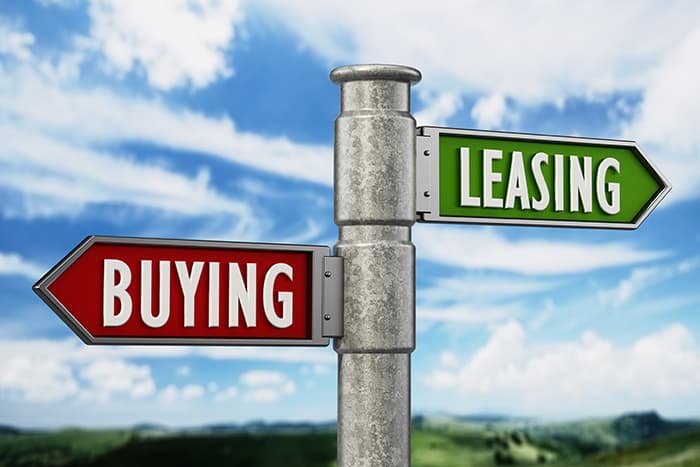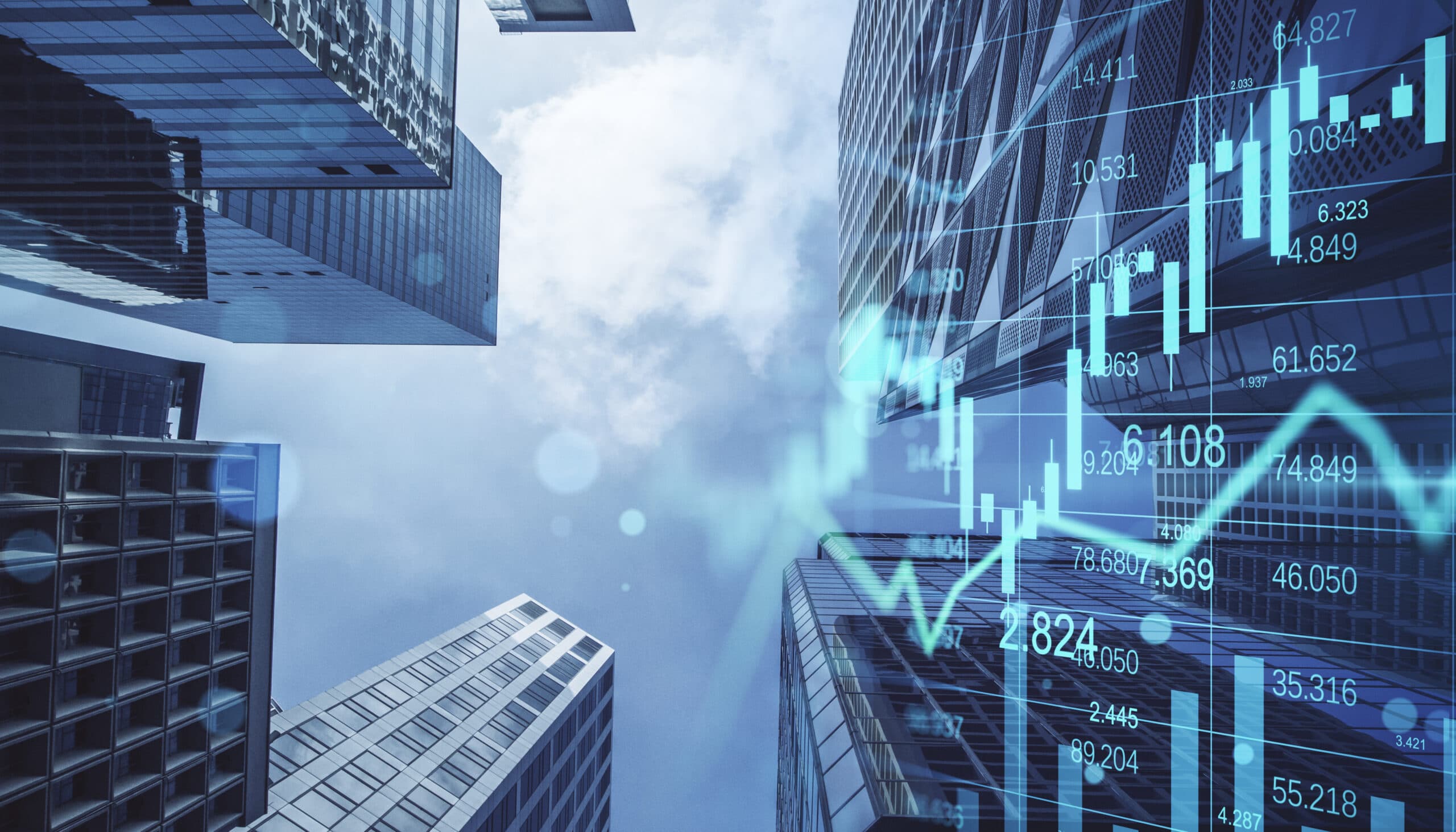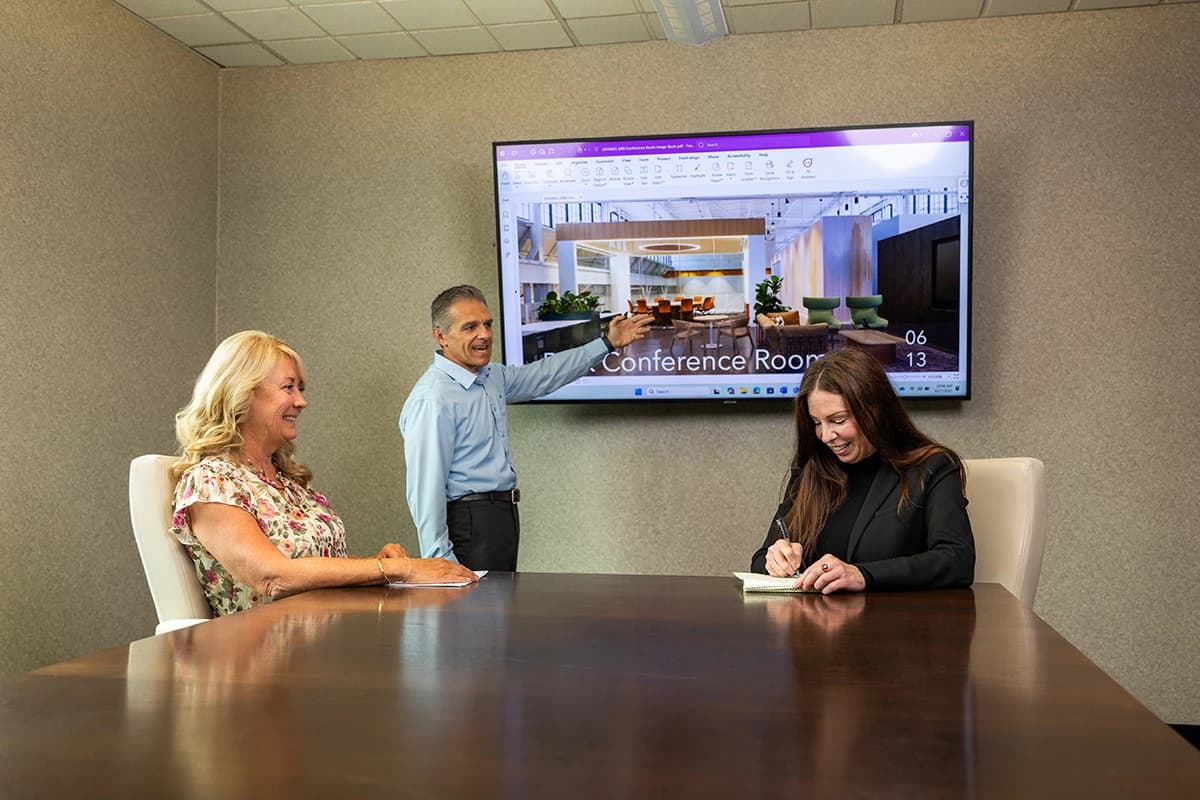
Buying vs. Leasing: Which Option Is Best for Your Company?
Written on October 22nd, 2021 | Updated on June 27th, 2025
Determining which option is best for your organization depends on many factors, from your company’s budget and growth potential to your preferences.
Consider these differences.
Leasing Commercial Property
When you choose to lease your commercial property, you’ll have less upfront cost since you don’t need to place a down payment. However, still be prepared for other costs, like a security deposit, first month’s rent, and inspection fees.
If your building needs repairs or maintenance, your landlord is responsible for handling it. That means less hassle and fewer expenses for your company.
Leasing can even help with taxes. When you lease a building, your rent qualifies as an operating expense, reducing your company’s taxable income. Other costs can be deducted as well, like property insurance and taxes.
And if you’re anticipating continual growth, leasing gives you the flexibility you need to find a new property when you’ve outgrown the building. In some situations, you may be able to grow within the current building by acquiring other available spaces. Or if you negotiate with the landlord, you may be able to build in a buyout clause so you can vacate early for a price.
Factors to Consider
At the time of renewal, your landlord may need to increase your rent. That choice could be in response to market rates, tax increases, the cost of property maintenance, or any improvements the building needs. So, while paying a higher rent may not be ideal, it could benefit your business in the long run.
If you lease a building, any improvements you make to the location typically won’t benefit you long-term if you choose to move your company. On the other hand, if you make substantial renovations to a building, consider buying it so you can recognize the return on that investment.
Buying Commercial Property
If you take out a loan to buy your commercial property, your down payment and mortgage payments build equity. That’s because a portion of those payments goes toward your principal loan amount. Later on, if you refinance or sell the property, your total amount of equity is the difference between the current fair market value and the remaining loan balance.
You’ll also enjoy tax breaks due to depreciation and interest expenses. And over time, your property’s value will increase, gaining you capital appreciation. The rate of appreciation varies due to several factors, including inflation, local supply and demand conditions, and interest rates.
And if you buy a property that has more space than your business currently needs, you’ll have room to expand in the future. Or you could lease that space to another tenant. Just keep in mind that, to qualify for a Small Business Loan, you need to occupy 51% or more of the property.
Factors to Consider
Be prepared for upfront costs when buying a commercial property, like the down payment, loan fees, closing costs, and appraisal fees. You may also need to budget for renovation costs. If the building you’re buying needs improvements, talk with your loan officer as soon as you can to see if the costs can be rolled into your mortgage.
As the property manager, you’ll also be responsible for various duties, like tenant services, regulatory compliance, building maintenance, and others. If you’d prefer not to handle those tasks, you could hire an experienced property manager that offers comprehensive maintenance services.
If you’re preparing to buy or lease commercial property in the Columbus area, talk with DRK and Company. We have more than 50 years of experience in commercial real estate. Contact our team today.
Have a great weekend,


